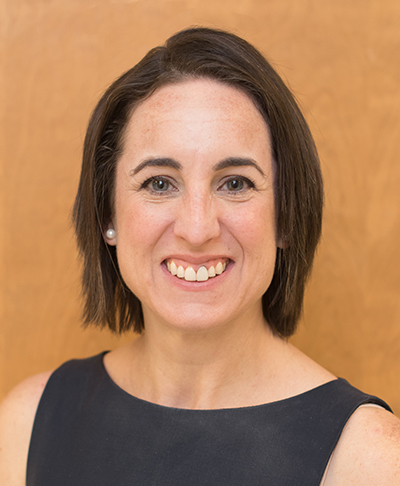 Jodie Dionne-Odom, M.D.Jodie Dionne-Odom, M.D., assistant professor in the University of Alabama at Birmingham Division of Infectious Diseases, has been named associate director of Global Health in the UAB Center for Women’s Reproductive Health.
Jodie Dionne-Odom, M.D.Jodie Dionne-Odom, M.D., assistant professor in the University of Alabama at Birmingham Division of Infectious Diseases, has been named associate director of Global Health in the UAB Center for Women’s Reproductive Health.
She will join the CWRH leadership team in growing the center’s collaborative global health portfolio involving UAB investigators and partners at global health hubs. This portfolio includes the Cameroon Health Initiative at UAB, which Dionne-Odom co-directs, and is supported by two memorandums of understanding between UAB and Cameroon partners. In her role, Dionne-Odom will be essential in shaping and implementing strategies to advance global health research, training and service activities within CWRH.
“My career passion for global health was kick-started when I learned about women’s health as an undergraduate living in Cameroon,” Dionne-Odom said. “Since then, I have led and participated in global health research and training initiatives in Cameroon, Zambia, Rwanda, Gabon, Haiti and Peru with a focus on improving perinatal health in Africa.”
The mission of CWRH is to conduct research aimed at improving the reproductive health and well-being of all women and their children, especially minorities and the under-served — including those in rural Alabama. It is also to facilitate collaboration between UAB researchers and developing scholars interested in women’s reproductive health.
The major research themes at CWRH are currently maternal/child health and gynecologic conditions, including genitourinary disorders and cancer prevention (reflecting the spectrum of benign conditions in women as they age) and their intersection with infections, cardiovascular disorders, obesity/diabetes, neurodevelopment, and global health.